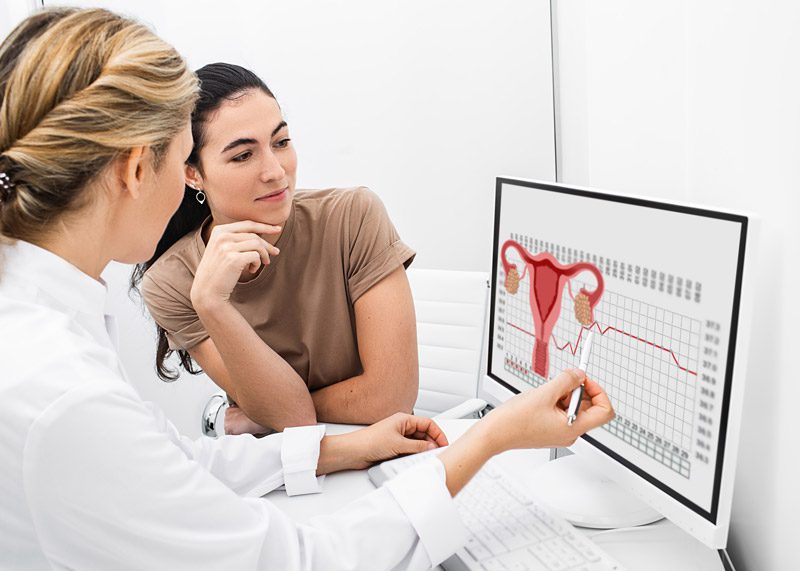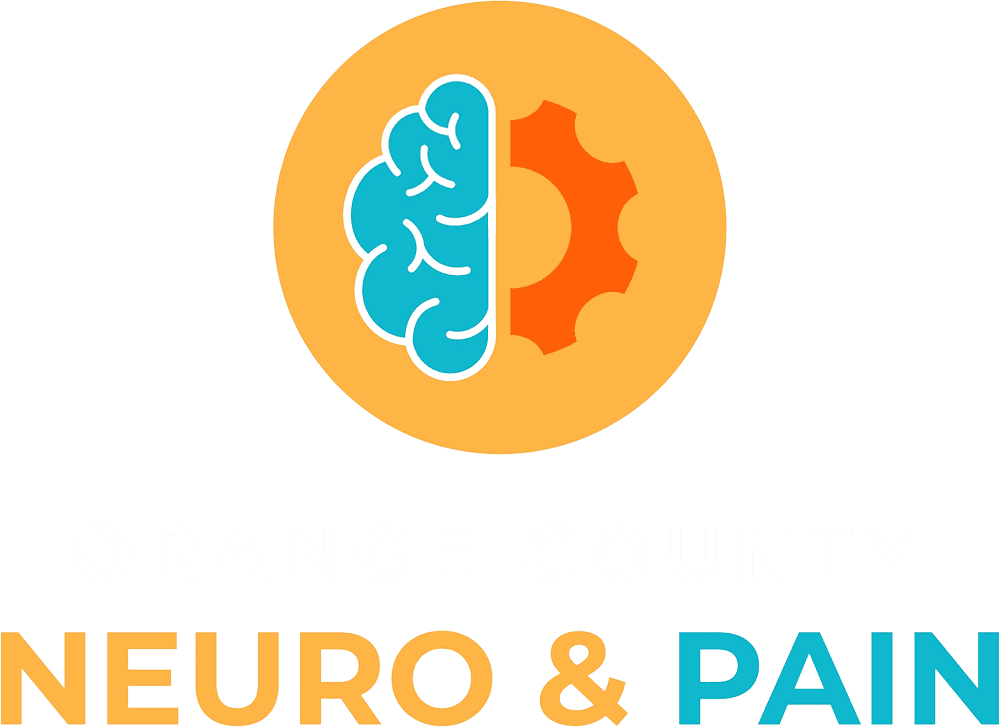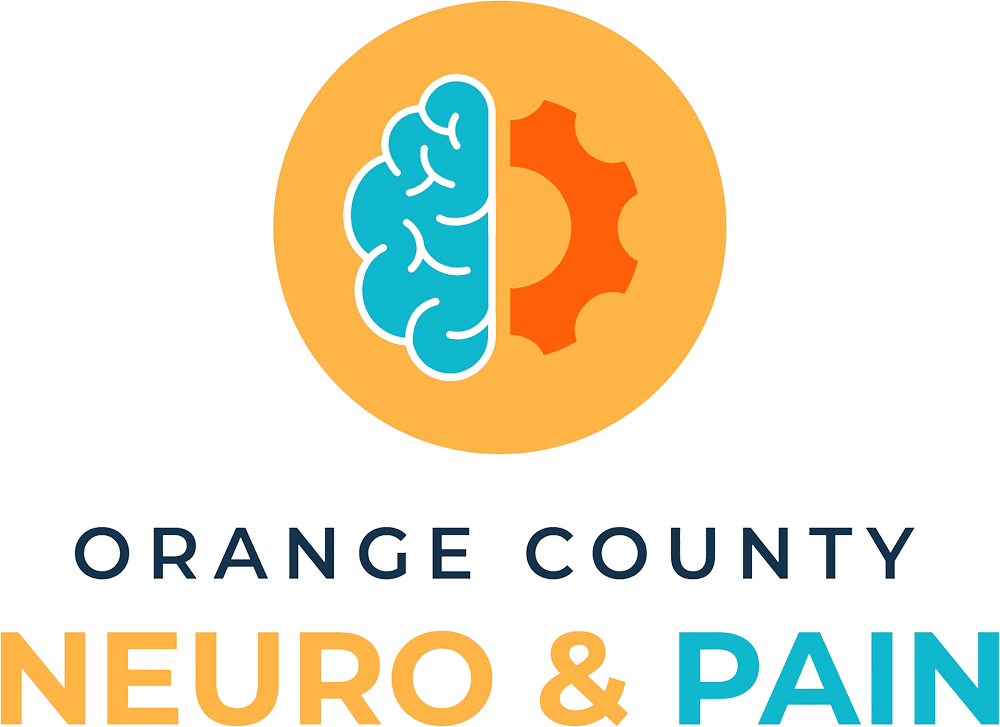

Postpartum depression (PPD) is a type of depression that affects women after giving birth. It can occur anywhere from a few days to several months after childbirth.
Symptoms of Postpartum Depression
Symptoms of postpartum depression can vary in severity, but may include:
- Depressed mood: Feeling sad, hopeless, or empty is common with postpartum depression. These feelings may be intense and persistent, and may make it difficult to enjoy everyday activities.
- Loss of interest or pleasure: Women with postpartum depression may lose interest in activities they previously enjoyed, such as spending time with friends or hobbies.
- Sleep disturbances: Women with postpartum depression may have trouble sleeping, or may sleep excessively.
- Fatigue or loss of energy: Postpartum depression can cause feelings of exhaustion, even with normal activities.
- Changes in appetite: Women with postpartum depression may experience changes in appetite, which can lead to weight gain or loss.
- Anxiety: Women with postpartum depression may experience feelings of worry, nervousness, or anxiety. This can include constant worrying about the baby’s health or well-being.
- Irritability or agitation: Women with postpartum depression may become easily frustrated or agitated, even with minor annoyances.
- Difficulty concentrating: Women with postpartum depression may have difficulty concentrating or making decisions.
- Feelings of worthlessness or guilt: Women with postpartum depression may feel like they are a bad mother or that they are not doing enough for their baby.
- Thoughts of self-harm or suicide: Women with postpartum depression may have thoughts of harming themselves or their baby. If you or someone you know is experiencing thoughts of self-harm or suicide, it is important to seek help immediately.

Causes of Postpartum Depression
The causes of postpartum depression are not fully understood, but experts believe that a combination of physical and emotional factors can contribute to the development of this condition. Some possible causes of postpartum depression include:
- Hormonal changes: After giving birth, a woman’s hormone levels drop rapidly. This can affect mood and contribute to the development of postpartum depression.
- Brain chemistry: Changes in brain chemistry that occur during pregnancy and after childbirth can also play a role in the development of postpartum depression.
- Emotional stress: Giving birth and caring for a newborn can be stressful, and this stress can contribute to the development of postpartum depression.
- Sleep deprivation: Sleep deprivation is common among new mothers, and it can contribute to the development of postpartum depression.
Risk Factors For PPD
There are also several risk factors that can increase a woman’s chances of developing postpartum depression. These risk factors include:
- Previous history of depression
- Family history of depression
- Stressful life events, such as financial difficulties or relationship problems
- Lack of social support during pregnancy or childbirth
Ketamine Treatment For PPD
Recent studies have suggested that ketamine, a powerful anesthetic and analgesic, may provide fast relief for PPD symptoms. Ketamine infusions can produce rapid and significant improvements in mood and anxiety symptoms in women with PPD. While more research is needed to determine the efficacy of ketamine for PPD, preliminary findings are encouraging and suggest that ketamine may become a promising treatment option for women struggling with PPD.


